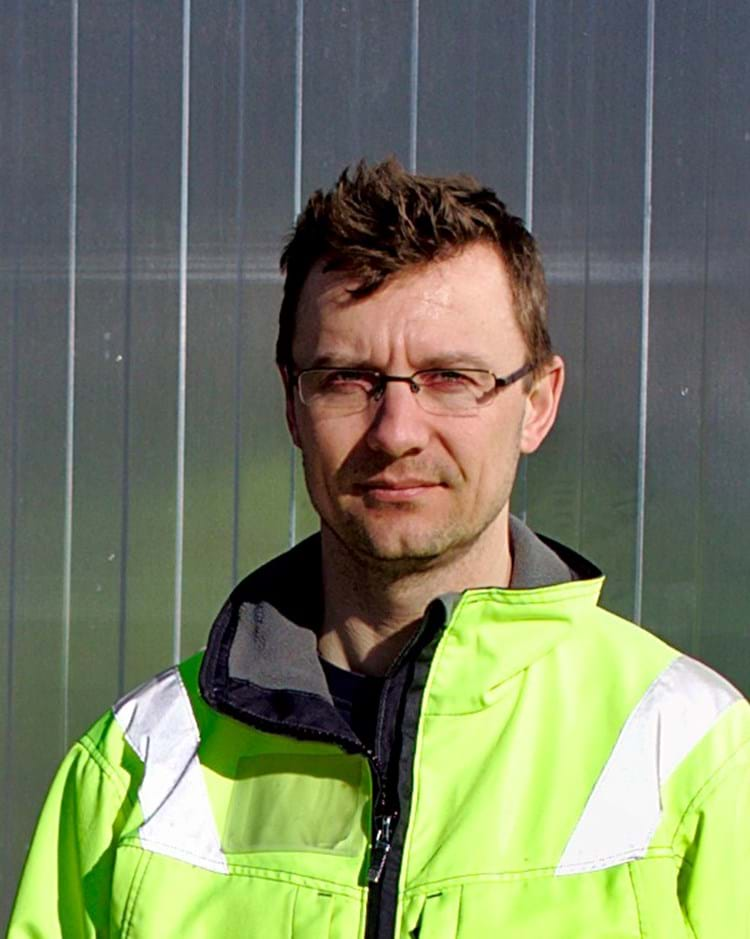News
High standards at Misawa Homes in Mikkeli
Every sawmill that has supplied the Japanese market can testify about the high quality standards they face. This is apparent at the Misawa Homes sawmill in Mikkeli, Finland, whose entire production is exported to Japan for processing into glulam used in the frames of the approximately 7,000 houses the company builds every year.
“We were established during the early 1990s when Misawa failed to get the quality they needed from their suppliers in North America and Canada. To safeguard quality, they decided to run their own sawmill in Finland," says Pasi Lähdelahti, sawmill manager at the Misawa Homes installation in Mikkeli.
Toyota owned
Misawa Homes, which runs six facilities in Japan, has been owned by Toyota since the beginning of 2017; it is one of Japan's so-called Keiretsu companies, a business model unique to Japan and which often includes complex cross ownership between multiple group companies. Toyota includes steel producers, haulage companies, insurance companies, computer game developers and house builders such as Misawa.
"Once when an owner visited us, he remarked jokingly that there were cars other than Toyotas in the personnel car park. But of course, there are no other demands on us than to produce really good wood products," says Pasi Lähdelahti.
Wide batch kilns
Thanks to its position as a supplier to the facilities in Japan, Mikkeli has been able to build up a stable operation with production customized for further processing. The annual production is just over 80,000 cubic meters (34 MMBF), where the lumber is dried in nine lumber kilns, all of which are specially modified and built to a width of 8.5 meters. The latest investment was in 2015.

"It's about an adaptation to our package size. that has provided us with flexible logistics and high operational availability. We also have sufficient capacity to dry the lumber to precisely the level demanded by Japanese customs, who not only have strict standards for dimensions, but also for weight. We focus on high precision in final moisture content and on minimizing quality shortcomings such as cracking," says Pasi Lädelahti, saw mill manager at Misawa.
The right kiln set-up
The 34 employees at the facility have worked a two-shift system since the beginning of the 1990s until today, except for a short period following the financial crisis.
"Having such a stable operation has naturally meant we've been able to refine our processes based on precisely what our colleagues in Japan demand. The position we're in today is perfect for continued development. In our type of production with its many different products and high quality requirements, our batch kilns provide the right conditions,” says Pasi Lähdelahti.